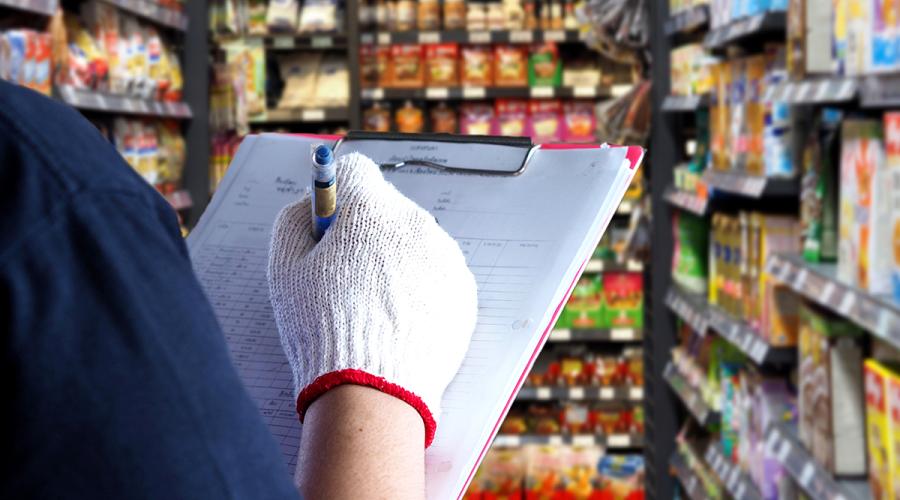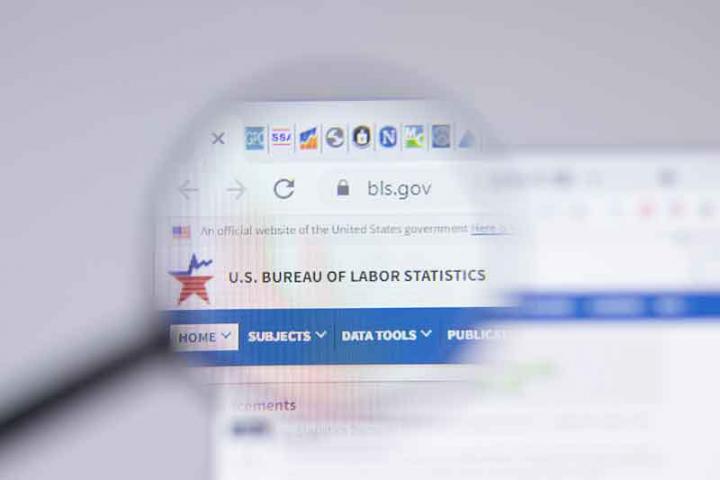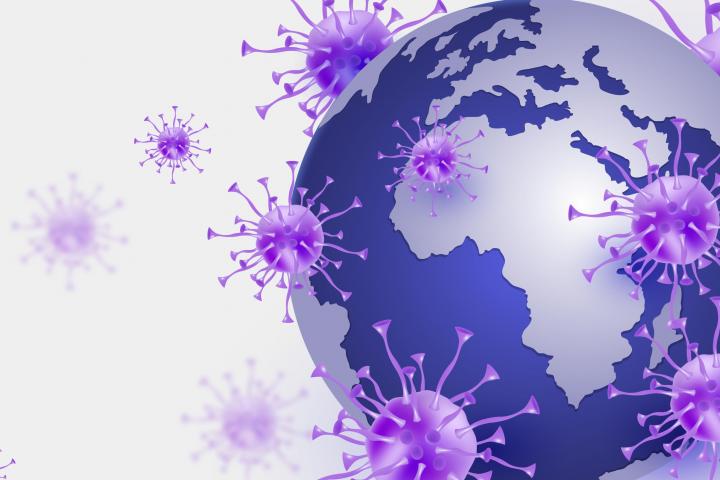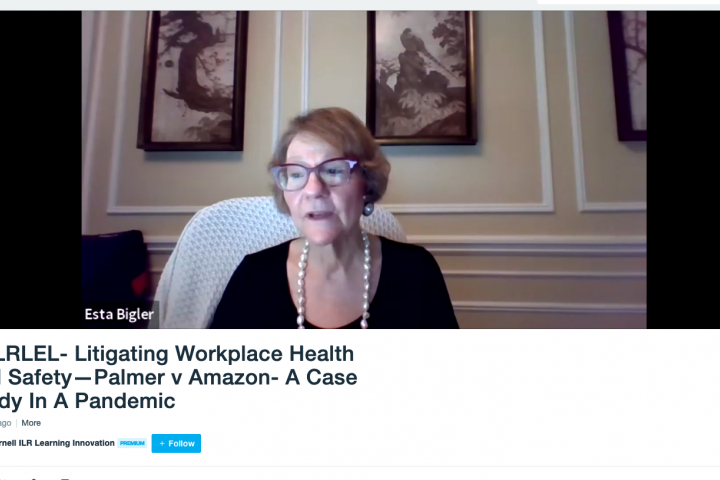
Who is an Essential Worker in NYS?
On March 22, New York State Executive Order 202.8 directed all non-essential businesses to cease in-person operations of business and reduce staff at establishments by 100 percent. Workers who complete work for an essential business may continue to work during this time.
However, their job must be a necessary part of the production of an essential product or service and they must not be able to complete their task by telework. For example, a worker who solely completes data entry for a hotel may work at an essential business, but if their work can be accomplished via telework, then they must work from home. A worker who works for a plastic manufacturer who makes health care products works at an essential business, but if that worker works on a line that produces sports equipment, then they may not work.
This executive order applies to both not-for-profit and for-profit enterprises. All essential businesses must still attempt to implement social distancing within the workspace. Empire State Development maintains a website with clear information and updates on what constitutes an essential business and how businesses can comply correctly.
According to New York state guidelines, there are fourteen categories of essential businesses:
- Essential Health Care Operations: This includes vital services such as hospitals, doctors offices, nursing homes and residential healthcare facilities, licensed mental health facilities, homecare work and eldercare aides, and emergency dental operations. Other healthcare operations such as research and laboratories, emergency veterinary services, medical wholesale and distribution, medical supplies and equipment manufacturers, licensed substance abuse treatment centers, medical billing, emergency chiropractics, and doctor-prescribed physical and occupational therapy are also considered essential services.
- Essential Infrastructure: This includes vital services such as public and private utilities, water and waste treatment, telecommunications, and datacenters. Transportation services such as commercial shipping vessels and seaports, airports, basic transportation networks such as buses, trains, for-hire vehicles and parking, and hotels and other accommodations are also considered essential.
- Essential Manufacturing: These types of manufacturers may provide products for safety and wellness such as manufacturing medical equipment and instruments, pharmaceuticals, sanitary products, personal care products regulated by the FDA, and household paper products. Basic manufacturers who produce food, chemicals, beverages, telecommunications, defense infrastructure, transportation infrastructure, and micro electronics and semiconductors are also considered essential manufacturers. In addition, any manufacturer who creates components for any of the described essential manufacturers, such as a steel mill that produces materials for automobile, defense, and transportation manufacturing, is considered essential.
- Essential Retail: These establishments include grocery and food/beverage stores, pharmacies, gas stations, farmers markets, convenience stores, hardware stores and building materials, appliance stores, pet food stores, and telecommunications for existing customers. Restaurants and bars are essential retailers, but may only provide take out and delivery. Other retailers may also stay open during this time as long as orders are done by phone or online, and only one employee may remain present at an establishment to fulfill orders.
- Essential Services: New York state has directed many services vital for the safety, health and the economy of the state to remain open. This includes services such as trash and recycling, mail and shipping, laundromats and clothing cleaning, building cleaning and maintenance, child care, auto and bike repair, warehouse and distribution, funeral homes and cemeteries, storage for essential businesses and animal shelters and animal care services. Marine vessel repair and marine services excluding recreation, landscaping excluding cosmetic purposes, security and maintenance of facilities, and remote classes for schools and health centers are also considered essential services. Designing, printing, publishing and signage for essential business may also remain open.
- News Media.
- Financial Institutions: Vital services include banks or lending, insurance, payroll, accounting and financial market services. Debt collection is not considered an essential service.
- Providers of basic necessities to economically disadvantaged populations: These include homeless shelters and congregate care, food banks, community shelters and other human services providers with direct care of patients. Programs that provide care, protection, custody and oversight of individuals in the community and state residential facilities are also essential services.
- Only essential and emergency construction may continue in New York State. Essential construction includes construction for schools, bridges, roads, transit, utilities, hospitals and healthcare facilities, homeless shelters, affordable housing, or specified energy facilities. Construction that protects the health and safety of a building’s occupants, is necessary to be completed if ceasing construction would be unsafe, is existing construction for an essential business, or is being completed by a single worker is also considered essential construction. Construction sites must maintain social distance to remain open and only necessary workers may be present at the site. Government entities are exempt from these restrictions, but should still only complete necessary essential work.
- Defense and national security-related operations supporting the U.S. Government or a contractor to the US government.
- Essential services necessary to maintain the safety, sanitation and essential operations of residences or other businesses: This includes law enforcement, corrections, firefighting and fire prevention, building code enforcement, security, emergency management and response, building cleaners, general maintenance, auto repair, disinfectation, and residential moving.
- Vendors that provide essential services or products, including logistics and technology support, and child care services: In addition to these services technology and personnel that supports online learning and government owned or leased building are considered essential services.
- Recreation: Vital recreation include parks and open spaces, but excludes playgrounds and other spaces where social distancing cannot occur. Golf courses and recreational vessel launches are not essential services.
- Some professional services with restrictions: Lawyers should continue work remotely, any in-person work for an essential business is allowed, but only if it cannot be accomplished remotely. Real estate services should continue remotely, and legally necessary in-person services should be done only with social distancing. No brokerage or branch offices should remain open.
A single person completing a specific task or solely operating a business is considered exempt from ceasing in-person operations. If this list does not cover an essential business, companies may request an essential business designation. The Empire State Development agency also maintains an FAQ to address other questions.
Each state defines essential business in a different manner, including Connecticut and New Jersey. Individuals should consult their state government websites for updated information.



